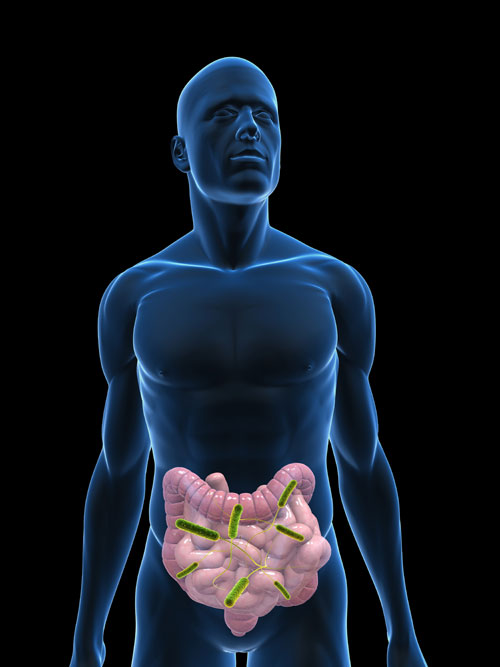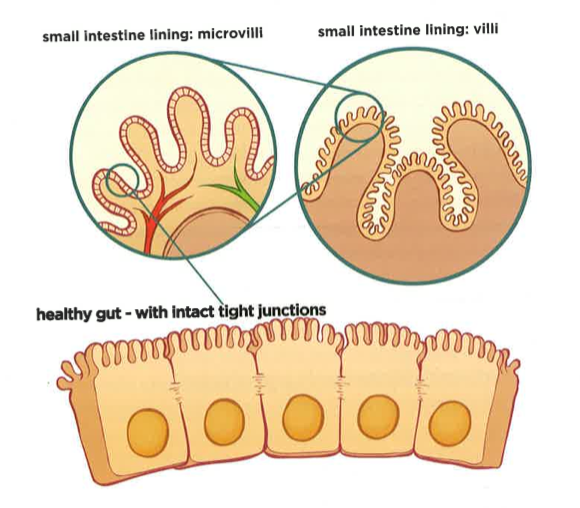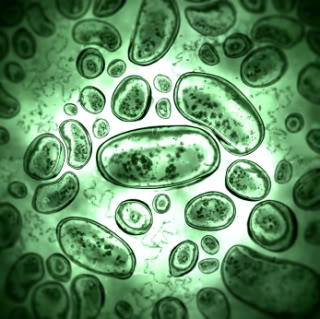Gut Flora – a term you probably have encountered even if you’re not interested in nutrition. What is it and why is it important? Why am I hearing this now and not earlier?
First, some quick facts to give you some context on what gut flora, or microbiota is about:
1. Common names: gut flora, microflora, microbiota, microbiome – some experts may have specific definitions for some of them, but by and large, they are used synonymously. It seems like gut microbiota is the most widely-used term now.
2. The gut microbiota is an ecosystem of bacteria that is, for the most part, located in your small and large intestines, specifically, on the lining of your intestinal walls.
3. Your body contains tens of trillions of bacteria. Which is 10 times more than the number of human cells in your body.
4. The total weight of your microbiota can weigh up to 2kg.
5. 60% of the dry mass in your feces is made up of bacteria from your gut microbiota.
6. Around 150 species of bacteria predominate in your microbiota[1].
7. Microbiota can be transferred from one subject to another.
8. The make-up of one’s microbiota is as unique for each individual as their fingerprint.
9. The microbiota can begin as early as child birth and stabilises around the age of 3, but constantly evolves and changes throughout your life.
Although, our knowledge of gut microbiota is relatively new and constantly growing, we do know it has a profound impact to our health – so much that it’s been labeled the “forgotten organ”! It’s so important that there is an international body that is trying to map out the human microbiota and to see how it impacts human health and disease – they are called the Human Microbiome Project.
Scientists are learning that the gut microbiota has a huge impact on our daily lives. They share a symbiotic relationship with our bodies and if they were to disappear all of a sudden, you would probably die. They need your host body to survive, and you need them to survive.
Why? Here are some reasons:
1. A lot of the food we eat, we can not digest and absorb their nutrients. The bacteria in our gut does that job. So they are a part of our digestive system. So if your diet consists of a certain type of food, your gut microbiota will have more micro-organisms for digesting those types of food. For example, the Japanese have more specific bacteria for digesting seaweed because their microbiota acquired them from marine bacteria[2].
2. They help train the immune system by regulating cytokines.
3. They control the population of dangerous bacteria in your gut by competing for nutrients.
4. They help produce vitamins B, and K.
5. They help produce hormones that direct fat storage so has an impact to fat gain / loss.
6. They may even help people with depression and major depressive disorder[3].
With an unhealthy lifestyle, your microbiota may be impacted.
If you eat a high sugar diet or high in processed foods, you may be feeding the bad bacteria in your gut flora instead of your good.
Or if you take broad-spectrum antibiotics often then you may also be destroying your healthy bacteria in your gut.
When that happens, numerous diseases can occur such as Irritable bowel syndrome; Crohn’s disease and ulcerative colitis, which can be caused by stress and chronic inflammation. Symptoms include abdominal pain, changes in bowel movements like diarrhea or constipation. The diversity of the microbiome has also decreased with low levels of fecal Lactobacilli and Bifidobacteria, and higher levels of Escherichia coli, and Bacteroidetes.
I mention these specific bacteria genes because they commonly show up in my readings. Bactericides and Clostridium are associated with an increase in rates of tumour growths – bad! Whereas, Lactobacillus and Bifidobacteria are good for preventing tumour growths – good[4]!
Now that you know what gut microbiota is, stay tuned for my next blog on how ingesting probiotics can help to improve the profile of your invisible organ – your gut microbiota!
—
References:
[1]: www.gutmicrobiotaforhealth.com/en/about-gut-microbiota-info/ [2]: www.gutmicrobiotaforhealth.com/en/about-gut-microbiota-info/ [3]: https://authoritynutrition.com/research/probiotics-and-depression/ [4]: https://en.wikipedia.org/wiki/Gut_flora#Irritable_bowel_syndrome

